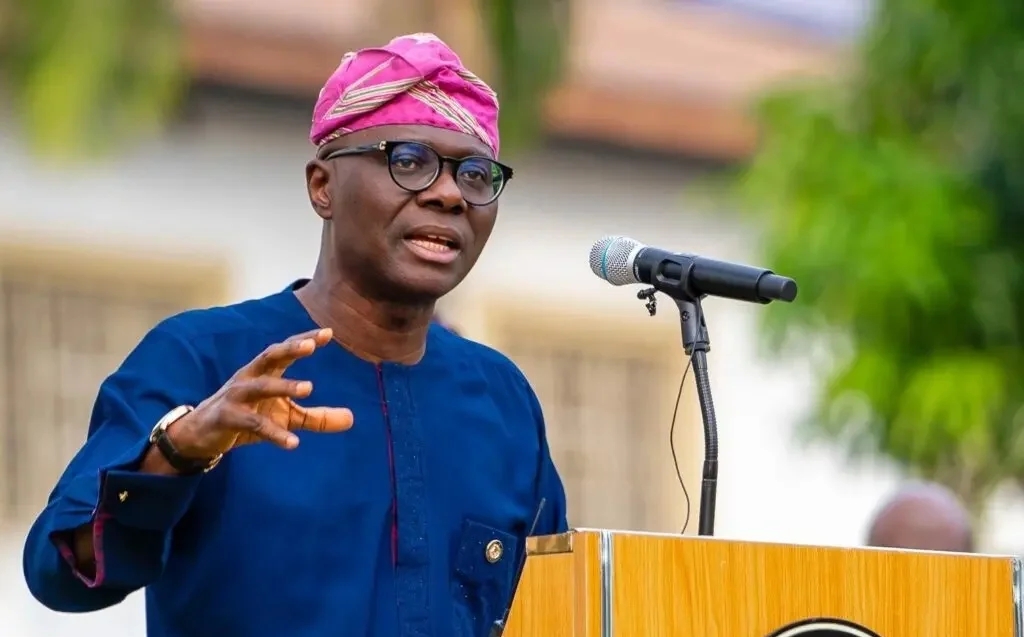Gambling is gaining popularity in Nigeria, with online gambling contributing to rising gambling-related harms. Popular forms of gambling include online sports betting, lotteries, and slot machines.
However, the lack of research and prevention measures makes problem gambling a growing public health concern in the country.
While gambling has a long history in Nigeria, it was previously discouraged by the church, but legalizations in the late 1990s made it more acceptable, particularly among the underaged.
The National Lottery Regulatory Commission (NLRC) is Nigeria’s main gambling industry regulator, established in 2005 to oversee lottery and gaming operations, focusing on promoting fairness and integrity.
The NLRC oversees licensing and regulation for gaming and betting operators in Nigeria. This includes rigorous assessments of financial, technical, and operational capabilities, along with compliance with responsible gaming practices, data protection, and advertising guidelines.
Problem Gambling in Nigeria
Nigerian gambling laws differentiate between skill-based and chance-based games, with lotteries, offline casinos, and sports betting being legal, while games like roulette and dice games are not.
These regulations are governed by the National Lottery Act of 2005, supplemented by the Criminal Code Act, with individual states having the authority to set additional rules and requirements for gaming and betting within their jurisdictions.
Online gambling is not explicitly addressed in the legislation, but it is clear that Nigeria’s legal gambling age is 18. Notably, despite existing gambling regulations, many school-age children in Nigeria have engaged in gambling activities, including practices that are not allowed by Nigerian gambling laws.
Monetary gain driven by factors like greed, unemployment, economic hardship, and poverty is the primary motivator for gambling, and it affects not only minors.
Other factors include the pursuit of enjoyment, sports enthusiasm, and peer influence. Friends who gamble, gambling to gain acceptance, parental gambling, and legal issues related to gambling are significant predictors. While gambling is seen as risky, it’s also viewed as a quick way to earn money.
The estimated rate of problem gambling in Nigeria ranges from 1 to 8%, with an additional 10 to 15% at risk of gambling-related problems. As Western influence and technological penetration continue to grow in Nigeria, it is expected that gambling-related issues will increase.
Gambling prevention should prioritize deterring initial wagers through education and awareness campaigns. Collaborative efforts can foster ethical gaming and growth in the industry, with stakeholders working together to establish comprehensive standards for consumer protection and industry development.
Zero-risk betting
For bettors in many parts of the world, strategies like zero-risk betting sound like the holy grail of gambling as it helps them minimise financial risk.
The strategy is not about magically turning every bet into a guaranteed win. Instead, it lowers your probability of losses. Keep reading and see the intricacies of the zero-risk betting strategy explained.
The zero-risk betting strategy reflects the core tenets of responsible gambling. It mainly involves exploiting the differences in odds offered by different bookmakers or betting exchanges to ensure that you’ll end up in a winning position, no matter what the outcome of the event is.
However, it also relies on good bankroll management and discipline.
To do zero-risk betting like a pro, start by deciding how much bankroll you’re comfortable with.
Once you’ve got that sorted, you’ll want to establish some ground rules for how much you’ll stake on each bet. This helps control your risk and prevents you from going all-in on a whim.
Zero-risk betting requires discipline. Stick to your bankroll limits and your chosen strategy.
Don’t get carried away with emotions or chasing losses. Remember that the bookmakers aren’t static – they adjust their odds based on various factors like team news, injuries, and even public opinion. Always double-check your calculations and stay sharp.


























